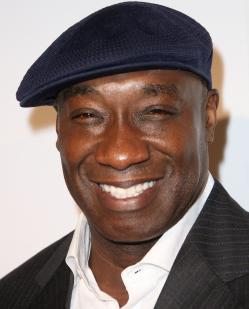It’s no secret that the Oscars, perhaps more than any other entertainment awards ceremony, requires campaigning on behalf of those who wish to win. But as the New York Times explained last week, there’s another hard-fought Oscar race that many movie lovers are perhaps unfamiliar with, one that involves the deceased: the fight to appear on the “In Memoriam” list.
Since 1994, the live broadcast of the ceremony has included a popular segment honoring a select group of performers and industry heads who passed away the year prior. Compiling that list is a daunting task—and one that has become more complex in the nearly 20 years since it began. Once overseen mainly by “the Oscar show producer and both the president and the executive director of the Academy,” the list is now selected by a “committee of members whose names are discreetly concealed from other members and the public.” That group must choose among those who made significant contributions to the industry and/or are particularly big stars. This year, the group of possible honorees is said to include roughly 500 people. There are only about “30 or so spots” available for the broadcast.
Though the selection committee remains officially anonymous, there is apparently still plenty of lobbying from family members and representatives of the deceased. Publicist Sheldon Roskin, for instance, has tried, thus far unsuccessfully, to convince the Academy to include his colleague Tommy Culla in this year’s ceremony. (In the last few years, the segment has expanded to include greater representation of those behind the scenes, including makeup artists and publicists; Culla belonged to the latter group.)
Every year since the memorial segment was introduced, the show has seen its share of seemingly inexplicable snubs. In 2010, for instance, Farrah Fawcett was not honored, while infrequent thespian Michael Jackson was. Given the outrage that typically follows, perhaps it’s understandable that the Academy would prefer to be secretive about how such decisions are made. On the other hand, given the dependability of such annual mistakes, perhaps a review of the whole process is in order.
